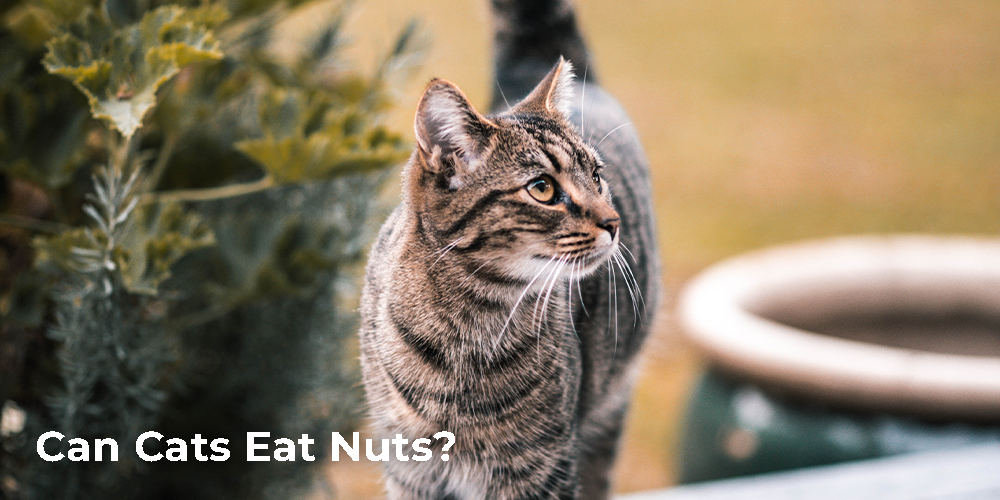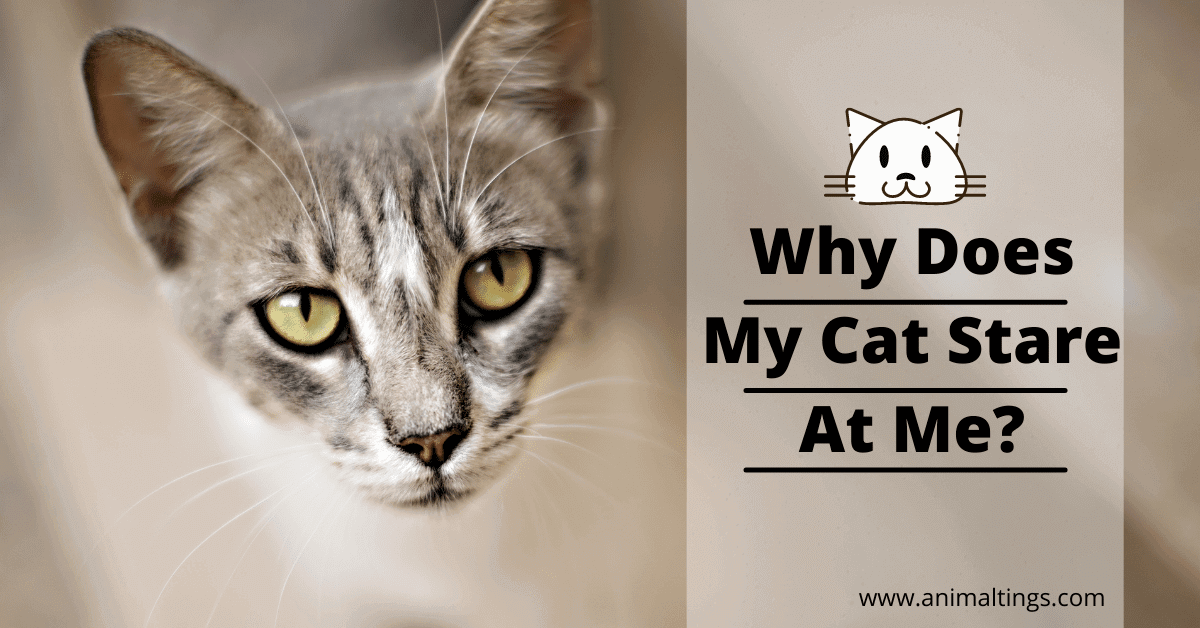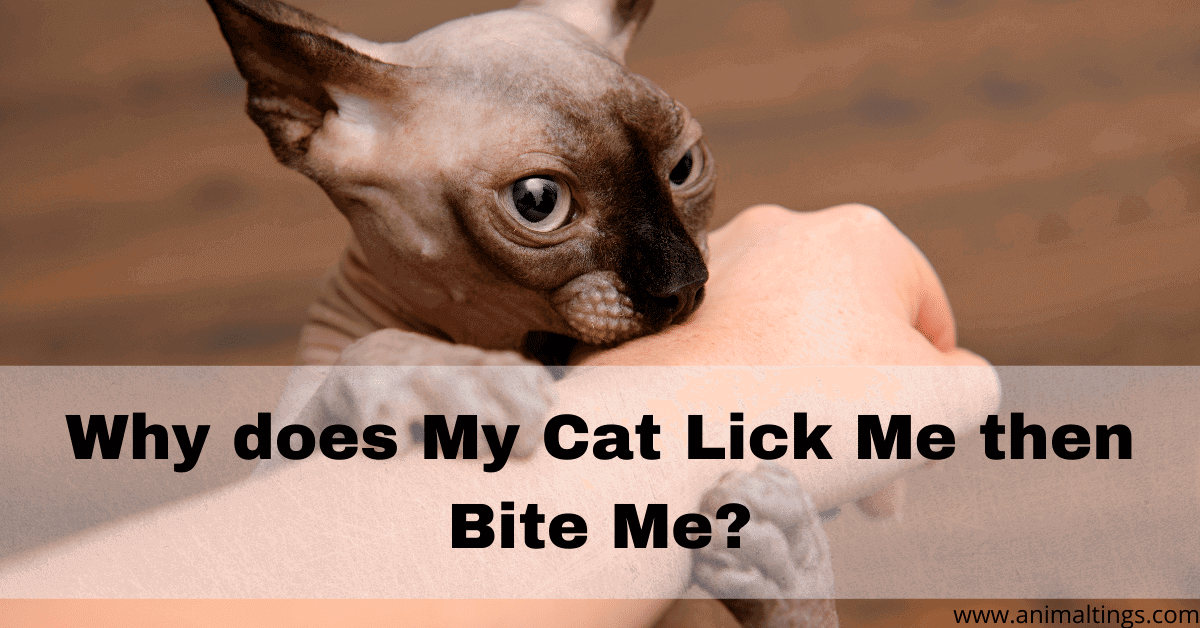Have you ever caught your adorable feline companion eyeing your bowl of nuts with intrigue and longing? As cat owners, we often contemplate whether it’s safe to share some of our favorite snacks with our fur babies. After all, they seem so interested, but can cats eat nuts without any adverse effects?
Table of Contents
A Look into a Cat’s Unique Dietary Needs
Before we dive into the nutty details, let’s understand what makes our feline friends so special regarding food. Unlike us, cats are natural-born carnivores, meaning their bodies crave animal proteins to thrive. Nutrients like taurine and amino acids are vital for their health, and fats and oils play essential roles too. However, their digestive system isn’t quite like ours, so some human foods might not sit well with them.
READ: What Fruit and Veg Can Rabbits Eat:
Different Nuts, Different Stories
Now, open the nutty vault and look at various nuts’ nutritional compositions. Almonds, walnuts, pecans, and hazelnuts offer a unique blend of proteins, fats, carbs, vitamins, and minerals. But hold on! Before tossing nuts to your kitty, remember that not all nuts are created equal, and some can pose serious risks to their health.
The Nut Hazards that Haunt Cats- Can Cats Eat Nuts?
Regarding nuts, our feline friends should steer clear of some particular varieties. Macadamia nuts and walnuts, for example, are big no-nos, as they can be toxic to cats. Moreover, some kitties may be allergic to nuts, leading to unwelcome reactions. But that’s not all! Nuts often pack a high-fat punch, and feeding them in excess can lead to potential health issues in our furry pals.
SEE: Can Dogs Eat Pumpkin Seeds?
Breaking Down Specific Nuts and Their Feline Impact
Let’s go nuts and explore the world of individual nuts to uncover how they affect our whiskered companions.
1. Almonds: A Bit Alarming?
Almonds might seem a wholesome choice, but cats lack the necessary enzymes to break down these crunchy treats. Consequently, they could experience tummy troubles and discomfort. It’s best to play it safe and avoid offering almonds altogether.
2. Peanuts: Proceed with Caution
While peanuts are generally safe for cats in small quantities, they come with a catch. Many peanuts are seasoned with salt, which is harmful to cats. Additionally, the risk of aflatoxin contamination (a toxic substance produced by certain molds) in peanuts could threaten our precious pets.
3. Cashews: Cash-Not-So-Safe
Cashews fall under the umbrella of nuts that are not outright toxic to cats but come with caveats. These nuts are high in fat, which can burden our feline friends’ digestive systems. Opt for moderation if you want to treat your kitty to a nutty delight.
4. Pistachios: A Nutty No-Go
Pistachios might be fun to crack open, but they can pack quite the punch regarding adverse effects in cats. The high-fat content and potential mold contamination make them a risky choice for our furry pals.
5. Pecans: Peculiar Pecans
Ah, the pecan! While not necessarily toxic, pecans can be hard to digest for cats. These nuts can lead to discomfort and digestive upset, leaving our kitties feeling less than their usual perfect selves.
READ NOW: Can Cats Eat Eggs?
Unraveling the Tell-Tale Signs of Nut Toxicity in Cats
Like mystery detectives, we need to watch for the tell-tale signs of nut poisoning in our feline friends. Unusual vomiting, lethargy, and tremors could all be red flags that something’s gone nutty.
Nut-Safe Alternatives and Treats for Your Cat
Fear not! There are plenty of safe and tasty treats for your whiskered companion. From catnip to freeze-dried meats, you can spoil them silly without any nutty worries. And, if you’re feeling adventurous in the kitchen, there are fabulous recipes for homemade cat treats that’ll have your kitty purring with delight.
Can Cats Eat Nuts : Consulting with a Veterinarian
It’s always best to consult with a pro regarding our pets’ well-being. A vet doctor can provide personalized advice based on your cat’s needs and health conditions. They’ll ensure your fur baby enjoys a balanced, species-appropriate diet, free from nut-related mishaps.
Conclusion: Nuts about Keeping Our Cats Safe!
So, can cats eat nuts? Well, the answer is a bit nutty. While some nuts are dangerous for our feline friends, others are hard on their delicate digestive systems. Let’s play it safe and stick to feline-approved treats to keep our fur kitties happy and healthy. After all, nothing beats seeing our cats content and purring away without a care in the world!
Remember, our kitties depend on us to make the best choices. And hey, if you’re ever in doubt, consult your neighborhood veterinarian to ensure your cat stays out of nutty trouble.
Stay curious and nut-wise, and keep your feline companions’ tummies purring joyfully! Meow-some adventures await!




